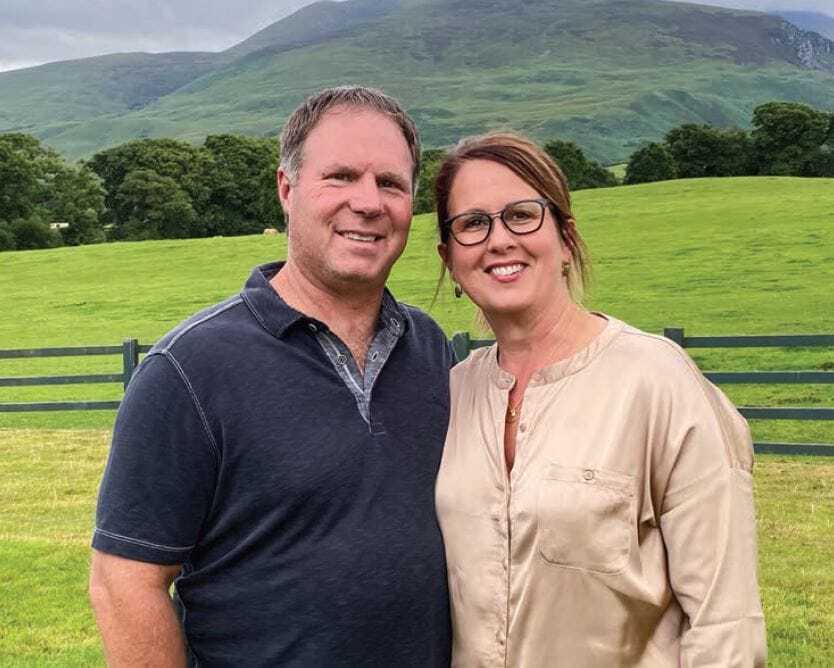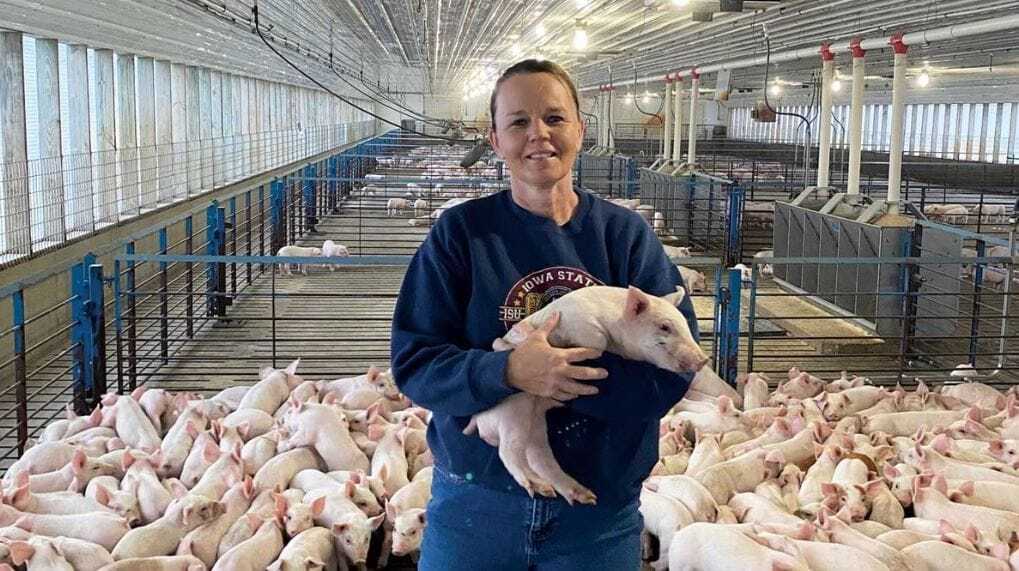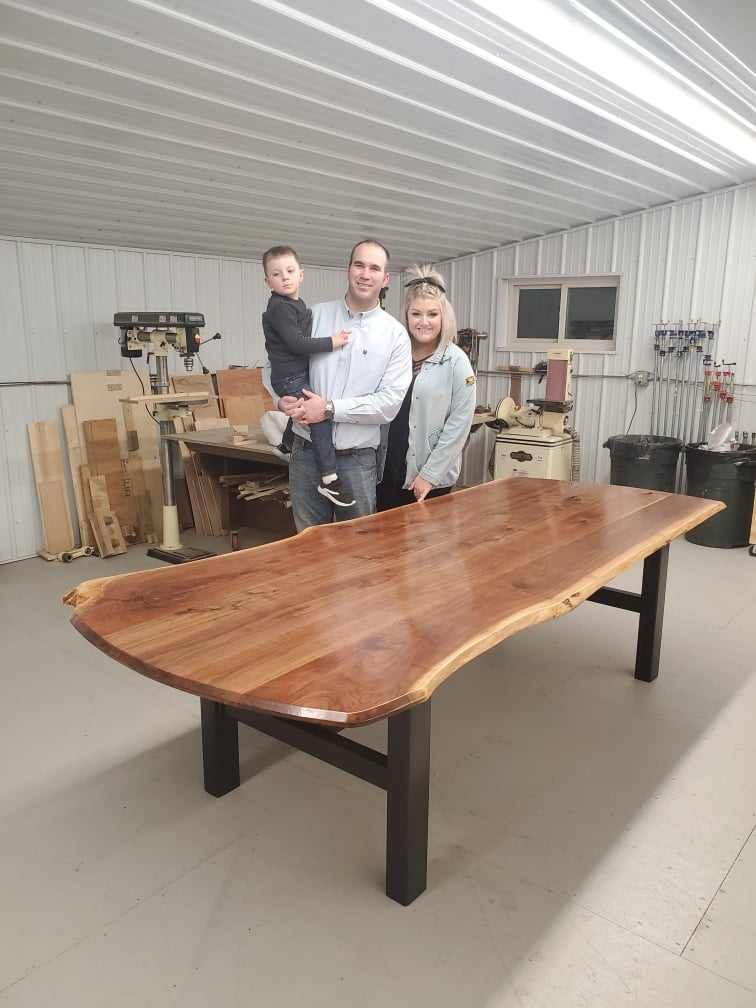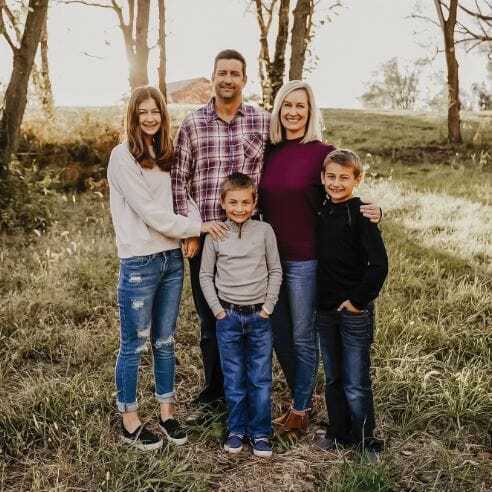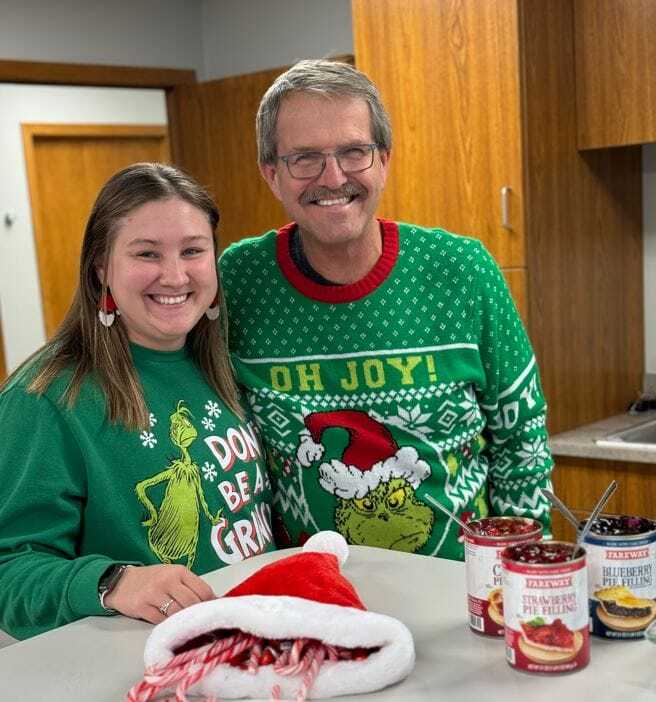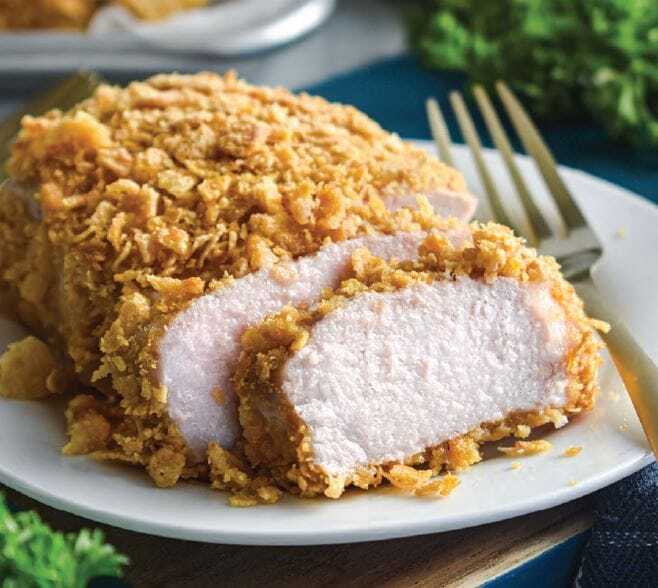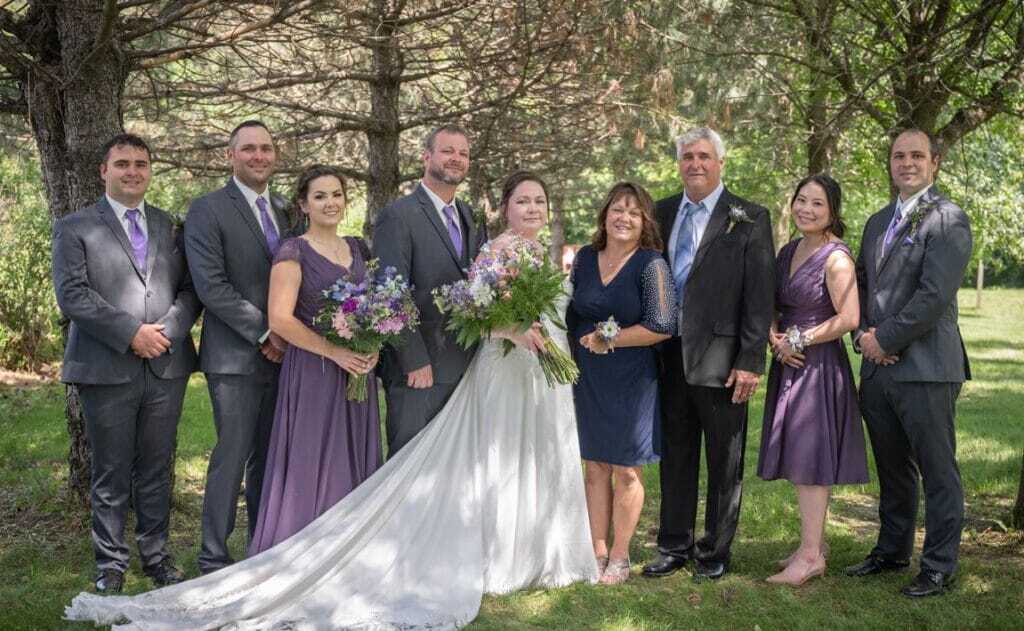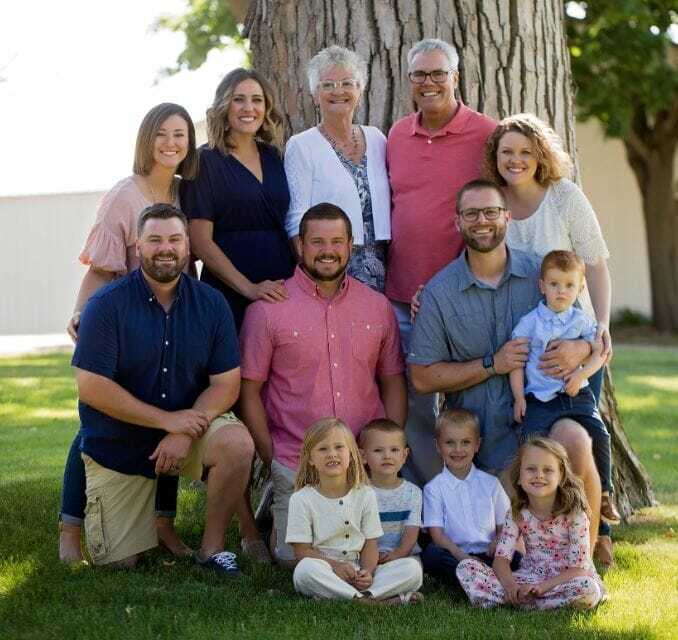Diana Madsen grew up in a Minneapolis suburb, but the transition to small-town living was much easier than expected when she married Mike and moved into the farmhouse where his mother was raised.

Mike and Diana’s moms were childhood friends. Their parents even double dated while they were in high school.
When Diana’s family visited Heron Lake in the summers, it was common for the two families to gather. Their families stayed in touch throughout the years, but Mike and Diana didn’t start dating until they had graduated from college.
“I’ve always enjoyed farming and that’s all I’ve ever really wanted to do,” says Mike, who started farming in 1991 with his father. “I didn’t play football because I didn’t want to miss out on harvest.”
While rural living is different from Diana’s suburban childhood, she feels blessed to raise her family on the Stenzel Century Farm.
“The thing I love most is that your neighbors are your friends here,” she says. “Your neighbors and others in the community are always offering support in times of need. The other piece is that people are always looking out for your kids, too.”
Mike and Diana appreciate having flexible work schedules that allow them to maximize their family time. Diana worked for years as the Associate Director of Active Aging Programs at Catholic Charities of Southern Minnesota. In addition to farming, Mike operates a Latham® dealership.
“What I enjoy most about selling seed is interacting with other farmers,” he says. “I decided to take on a Latham® dealership because Latham Seeds is a family-owned company that offers all the seed technology options available on the market.”
Mike and Diana are the proud parents of three grown children: Sarah, Andrew and Matt.
Because it’s National Soup Month, the Madsens are sharing one of their favorite recipes for a snowy January day.
